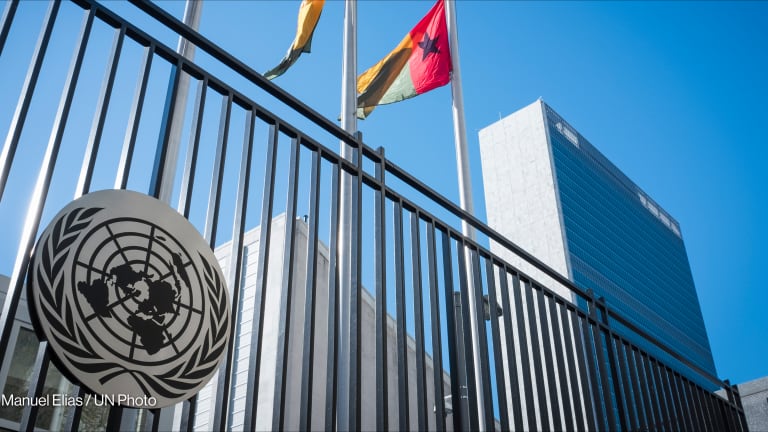Refugees, climate change, aid and superbugs: Can solutions be found in New York?
In what we’ve come to call “Global Dev Week,” presidents, activists, NGO leaders, policymakers, investors, journalists, researchers, development practitioners, celebrities and many more are now descending on New York City to tackle some of the biggest issues facing humanity — and, therefore, the development community.
Devex is on the scene again — braving the gridlock, security lines and bureaucratic jargon — to zero in on a slate of meetings, summits and side events that often set the tone for the global development calendar. If you can’t be here, or if you are here also battling the maze of events and sideline discussions, we hope you’ll follow along with our coverage.
With the Syrian crisis far from resolution, new global health threats emerging, national elections pending with huge implications, political movements challenging global cooperation, and month after month of record high global temperatures, there is plenty to watch.
Search for articles
Most Read
- 1
- 2
- 3
- 4
- 5










